Gangstagrass "No Time For Enemies" is #1 on the Billboard Bluegrass Chart
Could be the First Bluegrass Album with Rappers to Top the Chart!

Gangstagrass live
Featured Artist News category interest
Gangstagrass is a multi-racial group of string pickers and MCs, creating a shared cultural space for dialogue and connection between folks that usually never intersect. No Time For Enemies, the group's fifth studio album, is their most collaborative to date, breaking loose and running across genre lines with abandon. The album has quintessential Country elements and classic Hip Hop adrenaline, merged with Rock, RandB and Pop.
The album serves as a mission statement for a new era: no more time to waste! There's subtext about freedom, struggle, and breaking through the social and racial divisions between us. The album was primarily recorded during COVID-19. The death of George Floyd and the race-related protests highlighted the immediacy of their message, and their desire to finish despite the challenges of recording during a global pandemic. Subtle messages about race and politics are interwoven throughout the 11 juicy songs, opening with a history-steeped consideration of "Freedom." No Time For Enemies combines irresistible dance tracks with serious subjects in a thoughtful narrative about what America is built on, culminating in "Your Land" – a reinterpretation of Woody Guthrie's "This Land Is Your Land" – featuring the very gifted vocalist Branjae.
Gangstagrass collaborated with a fine artist out of Chicago, Faheem Majeed, who transforms materials such as particle board, scrap metal, wood, discarded signs, and billboard remnants, breathing new life into these often overlooked and devalued materials. His broader engagement with the arts also involves arts administration, curation and community facilitation, all of which feed into his larger practice. Majeed's art and mission aligned with Gangstagrass's activism on issues such as mass incarceration, clean water, and ballot access.
Brooklyn-based producer Rench, the mastermind behind Gangstagrass, maintains that the musical landscape is a reflection of our segregation, and Gangstagrass is providing an antidote to our racialized conception of genre. "Many people don't know that the banjo was originally an African instrument that travelled here with slavery. Early America found slaves and poor whites combining African and European instruments and styles across the south. The dawn of the recorded music industry happened during Jim Crow segregation, so music was marketed with completely artificial racial categories of 'race music' and 'hillbilly music' – which have been imprinted on our minds decades later as black Soul music and white Country music. This is a fabrication of the industry and it's time for it to die."
More Photos
More from Featured Artist News
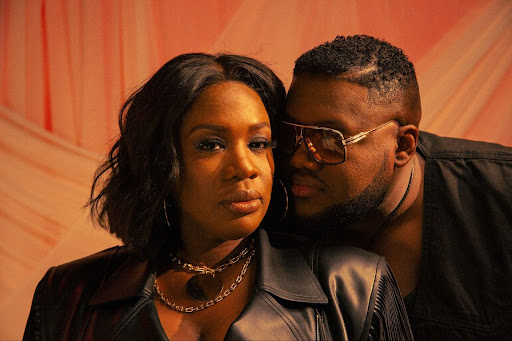
Featured Artist News
The War And Treaty Earns 3rd Consecutive Academy Of Country Music Awards Nomination For ‘Duo Of The Year’
The Plus One Tour To Stop At NYC’s Irving Plaza, LA’s Troubadour, DC’s Howard Theatre, And More

Featured Artist News
Kenny Chesney Named to the Country Music Hall of Fame
Pre-Birthday Gift That Defies The Imagination Brings Him Into A Very Exclusive Circle Alongside
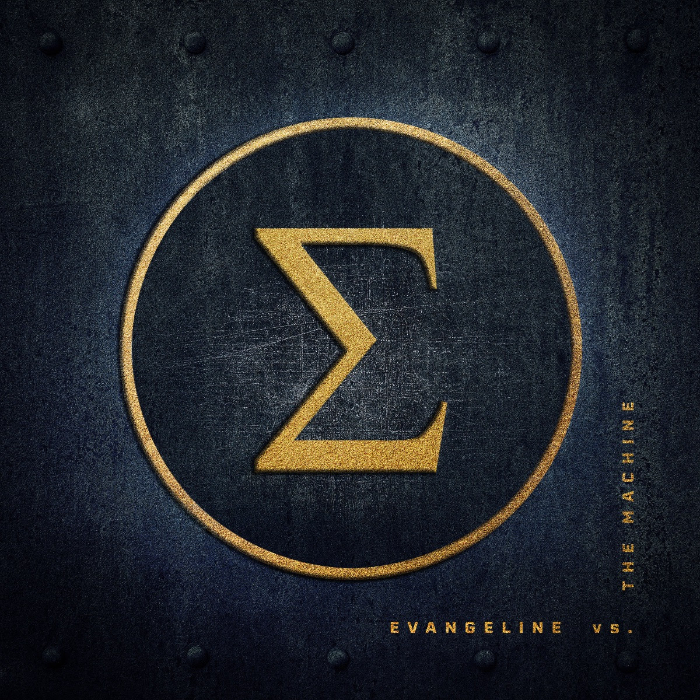
Featured Artist News
Eric Church’s “Hands Of Time” Breaks Personal Record as Most Added at Country Radio Ahead of Evangeline vs. The Machine
Evangeline vs. The Machine Arrives May 2

Featured Artist News
Country Singers Alana Springsteen And Dylan Gossett Get Festival-Ready With TravisMathew
As official brand ambassadors, Springsteen and Gossett will make their Stagecoach debuts this year + share their favorite picks from TravisMathew’s “Festival Edit” lookbook
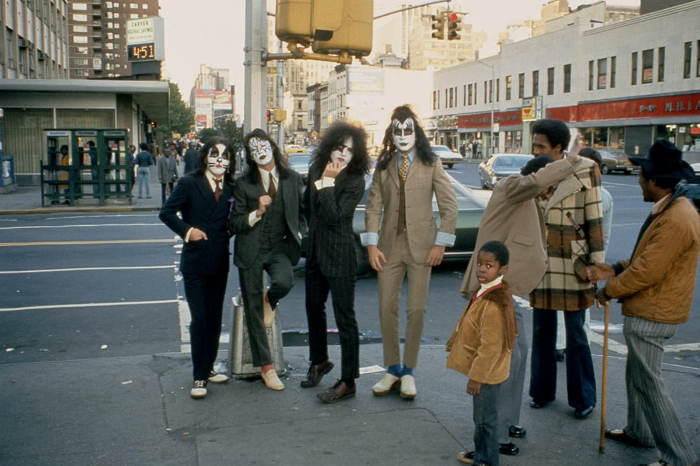
Featured Artist News
KISS Celebrates 50 Years of Dressed to Kill with Exclusive New York City Audio Tour
This never-before-heard experience will offer fans an immersive journey
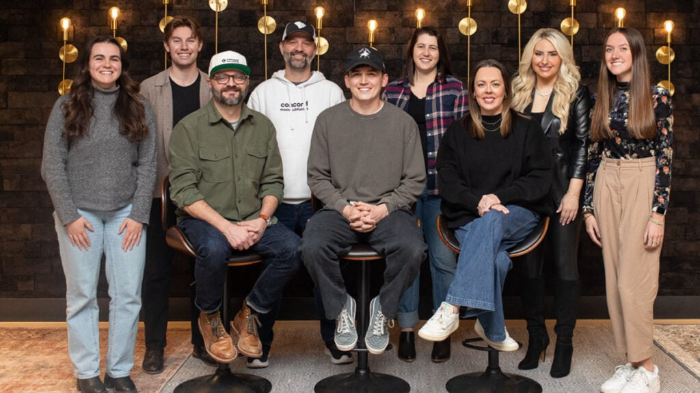
Featured Artist News
Concord Music Publishing Signs Singer-Songwriter Zachary Knowles
He’s been recognized by publications including Ones to Watch, Uproxx, Earmilk, The Line of Best Fit – and it’s clear he is just getting started


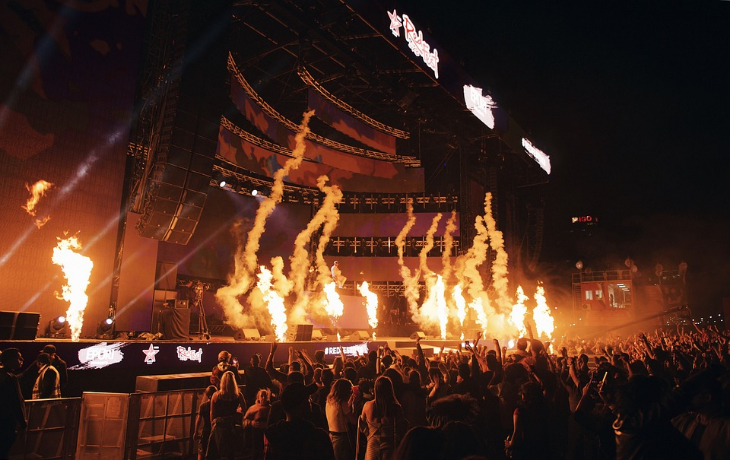
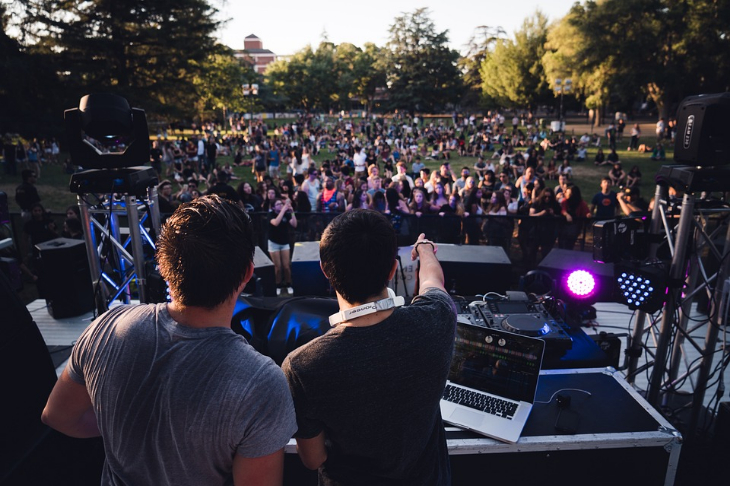

 Newsletter Signup
Newsletter Signup